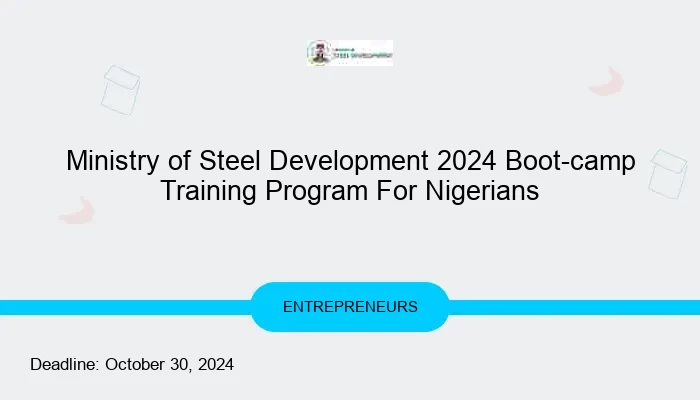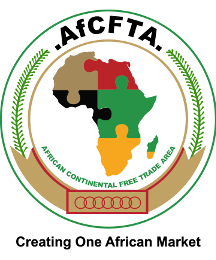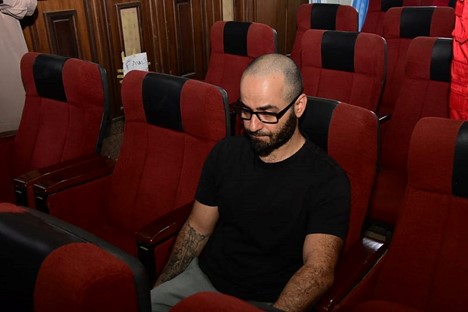Place your adverts here on InfoDig @ low rates; banner ads, sponsored links and guest articles etc. Contact us
Nigerian social media critic and former presidential aide Reno Omokri has introduced a new perspective on the economic turmoil currently facing millions of Nigerians, reframing the experience as “Temporary Pain” – or “T-Pain” – essential for the country’s sustainable economic growth.
As Nigerians grapple with soaring fuel prices, inflation, and the skyrocketing cost of essential goods and services, Omokri calls for patience, asserting that this hardship is necessary for future stability and development.
In a post on his X account on October 6, 2024, Omokri explained that while the present economic situation is painful, it represents a transitional stage that mirrors the experiences of nations now economic powerhouses.
“T-Pain should stand for Temporary Pain,” he wrote, “because in life, you often have to grow through pain to go through gain.”
He elaborated that Nigeria, like Southeast Asian countries that underwent economic reform decades ago, is undergoing a “necessary phase of pressure that will result in an accessory state of treasure.”
Omokri’s comments come amid increasing public criticism of President Bola Tinubu’s economic policies, particularly the removal of the petrol subsidy and the unification of the foreign exchange market.
These reforms, introduced shortly after Tinubu took office in May 2023, have led to a dramatic spike in fuel prices, further driving up inflation and making daily life more difficult for ordinary Nigerians.
Calls for policy reversals have been growing louder, with opposition parties and citizens alike accusing Tinubu of being out of touch with the people’s struggles.
In a symbolic nod to the widespread discontent, social media users recently dubbed the President “T-Pain,” likening the painful impact of his policies to the popular American musician’s name.
Atiku labels Tinubu ‘T-Pain’
Former Vice President Atiku Abubakar also joined the conversation, borrowing the ‘T-Pain’ moniker in a recent post on X, where he criticised Tinubu’s response to the country’s economic woes.
“It is even more worrying that T-Pain is undisturbed by the hardship in the country,” Atiku wrote, suggesting that Tinubu appears indifferent to the economic suffering affecting Nigerians.
His comments highlight a growing sentiment among Nigerians who feel that the government’s approach lacks empathy for the hardship endured by everyday citizens.
Omokri’s perspective on Tinubu’s ‘T-Pain’ moniker
Omokri, however, offered a counter-narrative, suggesting that the reforms, though painful, align with development strategies historically adopted by successful economies.
He argued that the policies implemented by Tinubu’s administration are not far removed from those proposed by opposition parties during their campaigns, indicating a shared acknowledgement of the necessity of these measures for Nigeria’s economic progress.
“If we are to be intellectually honest,” Omokri wrote, “when you look at the manifestoes of both the Peoples Democratic Party (PDP) and the Labour Party, everything this administration is doing is what we all said we would do if we won the 2023 election.”
Omokri specifically endorsed the policies of floating the Naira, removing fuel subsidies, and devolving power to states and local governments as essential steps in transitioning Nigeria from a Third World to a First World economy.
“The Southeast Asian nations experiencing economic strides today went through this Temporary Pain stage yesterday,” he pointed out, referencing countries like South Korea and Singapore, which implemented similar reform-driven models to stimulate long-term economic growth. “There is no permanent gain without some T-Pain,” he concluded.
Omokri’s remarks underscore a divide among Nigerians regarding the government’s current path. While some citizens see the reforms as a bitter but necessary step toward economic recovery, others remain sceptical, fearing the cost of living might become permanently unaffordable without further government action.
The continued debate on the value and timing of these policies reflects broader questions about how Nigeria can balance immediate relief with the aspirations of a prosperous future.
For many Nigerians, Omokri’s redefinition of “T-Pain” serves as a reminder of the need for resilience, but whether this “Temporary Pain” can yield long-term prosperity remains to be seen.
As economic hardship persists, the government may be obligated to better communicate the anticipated benefits and introduce measures to alleviate the short-term impact on the most vulnerable citizens.













)

 English (US) ·
English (US) ·